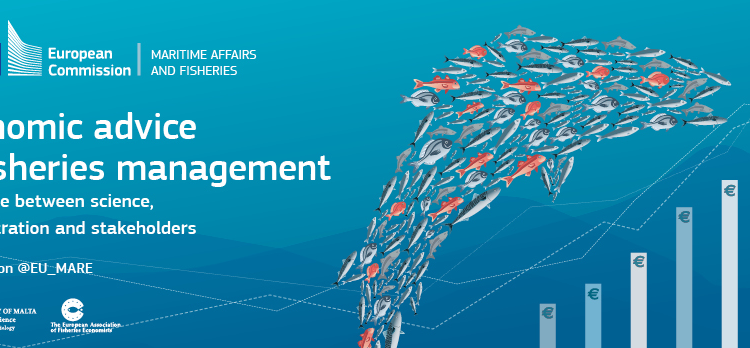Integrating economic advice into EU fisheries management
To manage our EU fisheries well, we need sound data, analysis and advice, both biological and economic. How do we make sure that the data on which we build our fisheries policies and management decisions are timely, accurate and indeed relevant? A European Commission conference, underway in Malta today and tomorrow, is addressing this question by looking into the issues surrounding economic advice in fisheries management.
When it comes to economic advice, the European Commission is facing several challenges, as set out by Karmenu Vella, Commissioner for Environment, Maritime Affairs and Fisheries, in his opening speech.
First, we need economic advice to support our policy proposals. Legislators, fishermen, and NGOs are rightly pressing the Commission to back up proposals with sound data and to evaluate the economic impact of the measures it takes.
Second, we need new tools that will help us improve the quality of our analyses and advice. This means adopting state-of-the-art tools to process the data we receive. But it also means improving the quality of the data that we use as input for these tools.
Third, the fisheries sector is changing. Seafood markets are becoming more integrated and more globalised. Economic advice needs to take this into account.
The European Commission already has reporting tools in place, including for instance its Annual Economic Reports on the state of the fleets, on EU aquaculture and on the processing sector. Moreover, the new European Maritime and Fisheries Fund sets aside a certain amount of EU money specifically to finance data collection.
But more remains to be done, for instance to improve data quality, measure fishing capacity more accurately, find out which market failures public funding should focus on, and support fisheries-dependent communities more effectively. This week’s conference brings us another step closer to fisheries management that is rooted in sound biological and economic advice.
The conference can be followed live via webstreaming:
Day 1: http://livestream.com/accounts/15332762/events/4710015
Day 2: http://livestream.com/accounts/15332762/events/4710042
The conference is also being covered live on Twitter under the hashtag #EuFishEcon– live tweeting and interaction are strongly encouraged!
Source: DG MARE



